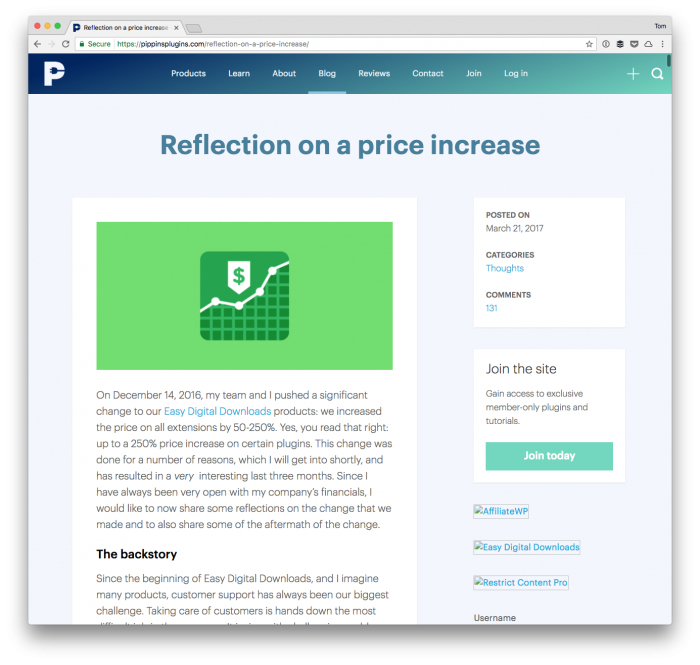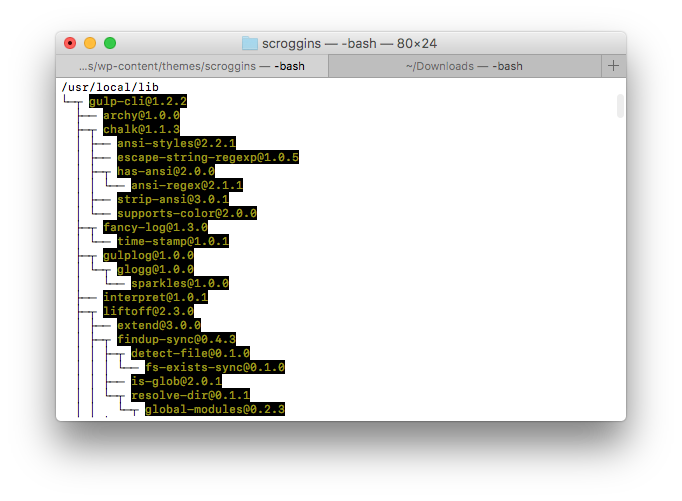Project management is multifaceted, and the way we all go about breaking up the various aspects of our projects are likely contingent on how our place of employment does it, how the client wants to do it, or how we opt to do it ourselves.
For this post, when it comes to working specifically on any given project, I’m specifically talking about how we take the requirements of a project and break them up into more manageable pieces and deliverables for the people for whom we’re working. And in doing this, I think it’s important that they’re kept in the loop and can see progress at the proper checkpoints to garner feedback.
Despite changing various aspects of my business as I’ve learned more about what works and what doesn’t, one thing that’s remained consistent in how I handle the development-related aspects of features of a project.


